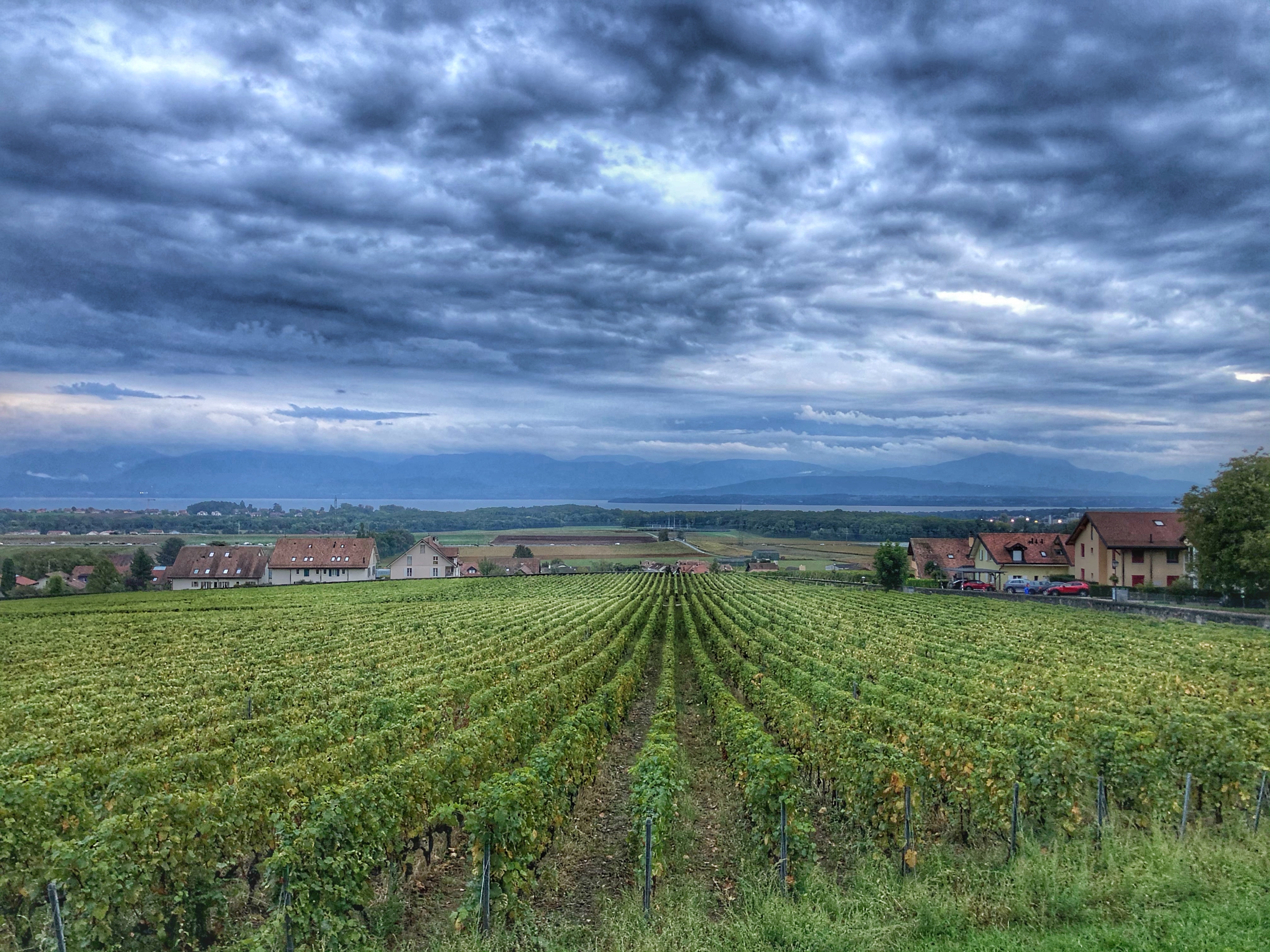On 9th August, the IPCC (Intergovernmental Panel on Climate Change) released its Sixth Assessment Report: The Physical Science Basis. The report states for the first time in the history of the Panel that humans’ role in the climate crisis is unequivocal. We, especially in the Global North, are driving unprecedented change in weather patterns and responsible for the earth warming by 1.09°C.
Since 2015 (The Paris Agreement on Climate Change), governments, corporations and the general public have been made aware that we must limit the global temperature rise this century to well below 2 degrees Celsius (above pre-industrial levels) and to pursue efforts to limit the temperature increase even further to 1.5 degrees Celsius. The IPCC report shows that we are not on target to do this and the consequences are already with us.
Every region on earth is already affected by extreme weather such as heatwaves, heavy rainfall and flooding, hurricanes, sea level rise and glacier melt.
What does this mean for agriculture and food production? We should first focus on mitigation - the efforts to reduce or prevent emission of greenhouse gases that are responsible for temperature rises and climate change. Farmers and growers can shift to a less carbon intensive agriculture by reducing inputs such as diesel and fertilizer. The production of fertilizer has a high carbon footprint, and its use also releases CO2 and other greenhouse gases (GHG) such as N2O into the air. The challenge then is to find new ways of supporting soil fertility to support the high yields needed to feed the world’s growing population.
Regenerative agriculture is gaining ground as an approach that reduces the need for fertilizers, and that stimulates the conservation and rehabilitation of the topsoil through methods such as: not tilling, using cover crops, rotating crops and integrating livestock. The outcomes of these methods lead to improved soil health, the sequestration of carbon, and increased biodiversity. Not only are less GHG being used in regenerative agriculture but there is a net reduction in CO2 in the atmosphere as Carbon is being removed from the atmosphere thanks to healthy soil micro-organisms.
And then there is adaptation. This is the process of adjusting to the current and future uncertainties of the climate. Farmers have already moved many crops indoors to reduce their exposure to the climate, and investors are backing them. This summer saw the close of the industry’s largest ever Environment Agriculture fund at 1 Billion USD, with investments focused on greenhouses, vertical farming, polytunnels and of course digital and precision farming. Other adaptation methods are to breed more drought resistant cultivars e.g. potatoes, maize, wheat and barley.
How can Vivent help? At Vivent, we can support growers, both indoors and outdoors to produce more food with fewer inputs. Using plant signaling will help farmers to reduce their losses and increase their yields thanks to warning them of stressors before visible symptoms appear. We can help farmers on their journey to a less carbon intensive production. We can also help seed growers in their development of new cultivars.
It is time to try something new, something challenging, because time is no longer on our side.

